LA IMPORTANCIA ECONÓMICA DEL CULTIVO DE TRIGO PARA APOYAR LA CANASTA DE ALIMENTOS IRAQUÍ Y GARANTIZAR LA CONTINUIDAD DE LA CARTA DE RACIONAMIENTO
DOI:
https://doi.org/10.47847/fagropec.v17n2a3Palabras clave:
Trigo, Factor de descuento, VPN, TIR, BCR, Tarjeta de racionamientoResumen
Este estudio tiene como objetivo analizar la realidad agrícola de la producción de trigo en la región y establecer una línea base para evaluar el impacto del proyecto nacional de desarrollo del cultivo de trigo en los años posteriores y garantizar la continuidad de la tarjeta de racionamiento. La investigación se basó en un enfoque analítico descriptivo y un enfoque cuantitativo estándar basado en la econometría. El estudio se llevó a cabo en tierras de la región de Al-Numaniyah, sembradas con trigo durante siete temporadas agrícolas anteriores, desde 2015 hasta 2016. El cultivo de trigo en años anteriores arrojó resultados positivos aceptables desde una perspectiva económica, según lo medido mediante análisis estadístico. El valor actual neto fue de 12,7 con un factor de descuento del 8%, y la relación beneficio-costo fue de 1,1 con un factor de descuento del 8%. La tasa interna de retorno fue del 29,3%. Para predecir el estado actual del cultivo de trigo en la región para las temporadas posteriores, a partir del período 2022-2023, se utilizaron series de tiempo, apoyándose en la ecuación de regresión lineal estadística Y = a + bx. Según esto, las previsiones de producción de trigo fueron de 44, 48, 52 y 57 mil toneladas para los años siguientes, de 2026 a 2029. Los resultados del análisis revelaron una disminución en las asignaciones de apoyo a la tarjeta de racionamiento en Irak durante el período 2004-2023, lo que se reflejó en una reducción en los artículos de la tarjeta de racionamiento y en una disminución en el número de meses en que se recibió. Si bien la tasa de pobreza en Irak para el período 2004-2023 fue del 21,7% y su promedio para los años 2020-2023 fue del 28%.
Descargas
Referencias
Al-Dhalmi ,Baneen Qassim Yaser . Haider Rezaq Leiby Al-Absawi and Flaieh Hammed Kassar. Effect of irrigation systems and planting spacing in growth and yield wheat. Al-Muthanna J. For Agric Sci Print ISSN: 2226-4086 Vol. 11 , Issue 2. 2024 http://doi.org/10.52113/mjas04/11.2/17
Al-Kaabi ,Talib Jas. An evaluative study of the impact of increasing the price policy on increasing wheat production in Iraq. Iraqi Journal of Agriculture, Issue 1, 2025 https://democraticac.de/?p=91780
Alaa Abbas Hassan and Shaima Rashid. The Government Support Program and its Role in Poverty Alleviation in Iraq. Dijlah College Journal, Volume 7, Issue 3, 2024 https://iasj.rdd.edu.iq/journals/uploads/2025/04/19/1d17cb68dfd2391b1d5445916a82cba5.pdf
Al-Zubaidi Hassan Latif 2012 Poverty and the Ration Card System Al-Ghari Journal of Economic Sciences Volume 8 Issue 22 https://search.emarefa.net/detail/BIM-371799
Al-Shammar, Karim Muhammad Latif. 2018. Estimating the cost functions of wheat production in Iraq for the agricultural season -Wasit Governorate. Economics and Administrative Studies Journal (EASJ. EISSN: 3005-3625, PISSN: 2790-2560. https://kiqp.net/en/bibliography/47094
Ali Daadoush . Rationalizing Public Spending or Withholding Ration Card Items? Iraq. Iraqi Economists Network. 2025
Carlo Alberto Magni.2010. Average Internal Rate of Return and Investment Decisions: A New Perspective. The Engineering Economist 55(006653) DOI:10.1080/00137911003791856
Huber,P.J.1964 . Robust Estimation of a Location Parameter .Annals of Mathematical Statistics 35:73-101. https://doi.org/10.1214/aoms/1177703732
Helena Gaspars-Wieloch.2019. Project Net Present Value estimation under uncertainty March 2019Central EuropeanJournal of Operations Research 27(1):179-197 DOI:10.1007/s10100-017-0500
Ibrahim Harbi and Yasmine Hussein .2023.Food Security Policy in Iraq and the Challenges
of Response.Tikrit Journal forPolitical Science (private issue) Conference of the College of Political Science (4) (2023) 287-314 DOI: https://doi.org/10.25130/tjfps.v2i2.11
Maninder Singh, Arshdeep Singh, Anita Jaswal and Shimpy Sarkar.2024. System of
Wheat Intensification: An Innovative and Futuristic Approach to Augment Yield of
Wheat Crop. Nature Environment and Pollution Technology. An International Quarterly Scientific Journal. Vol. 23N1 pp 569-575. https://doi.org/10.46488/NEPT.2024.v23i01.054
Meloni, Gulotta, Martinez and Marco Antonio Oliva (2004) The effects of salt stress on growth, nitrate reduction and proline and glycine betaine accumulation in Prosopisalba.
Braz. J. Plant Physiol 16: 39- 46. DOI:10.1590/S1677-04202004000100006
Prince Kumar | Nov 7,2023. How to Calculate the Benefit-Cost Ratio (BCR) in Organic Farming. Economics and Marketing of Organic Produce. https://agriculture.institute/organic-produce-economics-marketing/calculate-benefit-costratio-organic-farming
Raji Ali Mousa, Abdullah Ulas.2022. The effect of some irrigation systems and the reduction of mineral fertilizers on soil salinity and the growth and yield of wheat crop.
DOI:10.26389/AJSRP.V101121
Sabirjan Isaev, Azim Gofirov, Sunnat Tadjiyev, Perizat Bulanbayeva and Altingul Djumanazarova.2023. Effects of different salinity levels in topsoil on the growth, development and yield of winter wheat. BIO Web of Conferences 65, 04004 https://doi.org/10.1051/bioconf/20236504004
Satyavir Singh, Anuj Kumar, Sendhil Ramadas and G. P. Singh.2017. AICRP on Wheat and Barley | Progress Report 2016-17 (Social Sciences. DOI:10.13140/RG.2.2.36530.30402
Saif Alharbi,Abrar Felemban, Ahmed Abdelrahim and Mohammed Al-Dakhil.2024. Agricultural and Technology-Based Strategies to Improve Water-Use Efficiency in Arid
and Semiarid Areas. Journals Water Volume 16 Issue 13 10.3390/w16131842. https://doi.org/10.3390/w16131842
UN World Food Programme, Central Bureau of Statistics, and Information Technology -
Food Security, p. 34
Zeina Khaled .Geographical distribution of wheat production in Iraq Journal of Al-Isra University College Volume 5 Issue 9 Year 2023 https://iasj.rdd.edu.iq/journals/uploads/2025/07/08/71d68137b471d1cf1e2c6db0dd-
624dc6.pdf
Yahya Muhammad and Nabil Mahdi.2023. The Reality and Performance of Iraqi Imports
and Agricultural Production in the Iraqi Economy 2004 -2019 Al-Ghary Journal of Economic and Administrative Sciences Vol. 19 (No. 4) 2023 PP. 95- 117 2019. https://doi.org/10.36325/ghjec.v19i4.14826
Descargas
Publicado
Número
Sección
Licencia

Esta obra está bajo una licencia internacional Creative Commons Atribución-NoComercial-CompartirIgual 4.0.
























